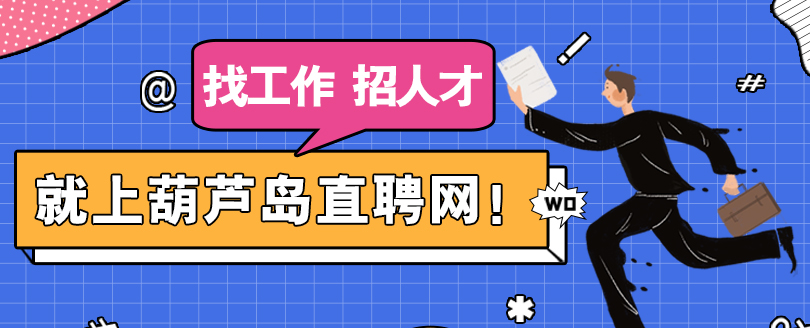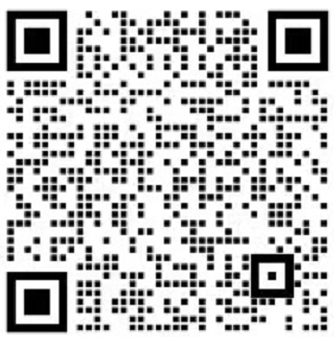葫蘆島市連山區(qū)創(chuàng)想互娛網(wǎng)絡(luò)...
連山區(qū)大偉日用百貨批發(fā)商行
葫蘆島葫蘆娃網(wǎng)絡(luò)科技有限公...
葫蘆島市龍港區(qū)天之驕子幼兒...
遼寧鑫罡風(fēng)空調(diào)冷暖設(shè)備工程...
龍港安濟(jì)醫(yī)院
遼寧起航網(wǎng)絡(luò)科技服務(wù)有限公...
葫蘆島冠羚超市
連山區(qū)寺兒堡鎮(zhèn)創(chuàng)美廣告裝飾...
遼寧和順通保安服務(wù)有限公司
葫蘆島市恒順商貿(mào)有限公司
連山區(qū)興工街吉祥思碩干調(diào)商...
葫蘆島市連山區(qū)興工街福旺佳...
葫蘆島山河傳媒文化有限公司
遼寧一鳴律師事務(wù)所
連山區(qū)李時(shí)珍耳鼻堂
葫蘆島艾樂(lè)康科技有限公司
龍港建南醫(yī)院
葫蘆島駿程企業(yè)管理咨詢(xún)有限...
葫蘆島大潤(rùn)發(fā)商業(yè)公司
連山區(qū)興工街吳丹速凍食品行
葫蘆島儷勃商貿(mào)有限公司
連山區(qū)旭日網(wǎng)絡(luò)傳媒工作室
遼寧巨和機(jī)電設(shè)備工程有限公...
葫蘆島市姐弟家居裝飾工程有...
葫蘆島美燈多一站式連鎖商貿(mào)...
葫蘆島萬(wàn)事幫吊裝搬運(yùn)有限公...
葫蘆島市龍港區(qū)兄弟鑫興隆生...
西門(mén)子能源工業(yè)透平機(jī)械(葫...
葫蘆島凌河酒店有限公司
龍港區(qū)三只喜鵲全屋定制家居...
興城市水泵制造有限公司
遼寧新遠(yuǎn)裝飾工程設(shè)計(jì)有限公...
葫蘆島市龍港區(qū)富都法標(biāo)陶瓷...
葫蘆島秋順汽車(chē)銷(xiāo)售有限公司
興城市元有來(lái)茶文化有限公司
名最商業(yè)影像傳媒有限公司
葫蘆島龍港區(qū)百豐建材銷(xiāo)售有...
葫蘆島前程似錦文化傳媒有限...
連山區(qū)恒之源食品添加劑經(jīng)銷(xiāo)...
酒店餐飲
教育培訓(xùn)
市場(chǎng)銷(xiāo)售
普工技工
客戶(hù)服務(wù)
門(mén)店店員
美容美發(fā)
網(wǎng)紅主播
文職文員
工廠(chǎng)工業(yè)
后勤服務(wù)
其他職位
足療洗浴
行政人事
醫(yī)藥醫(yī)療
百貨零售
管理運(yùn)營(yíng)
咨詢(xún)顧問(wèn)
會(huì)計(jì)財(cái)務(wù)
攝影影視
跑腿快遞
全職司機(jī)
設(shè)計(jì)包裝
家政安保
前臺(tái)接待
技術(shù)程序
您好,請(qǐng)登錄
打開(kāi)微信掃一掃即可登錄
我還沒(méi)有賬號(hào)?直接掃碼注冊(cè)一個(gè)
返回密碼登錄
名企推薦
企業(yè)急聘
-
庫(kù)房女工(直接打電話(huà)...葫蘆島市龍港區(qū)大亮食...3500-4000元龍港區(qū)雙樹(shù)鄉(xiāng)老和村...
-
箱貨司機(jī)(直接打電話(huà)...葫蘆島市龍港區(qū)大亮食...4000-6000元龍港區(qū)雙樹(shù)鄉(xiāng)老和村...
-
興城市跑店食品業(yè)務(wù)員...連山區(qū)錦郊街道高龍食...面議連山區(qū)錦東新村1號(hào)...
-
店員(早9晚9)連山區(qū)帥帥涼皮手工涼...3500-3500元連山區(qū)步行街中段天福...
-
數(shù)控車(chē)床工/數(shù)控加工...葫蘆島春陽(yáng)設(shè)備有限公...6000-12000元龍港區(qū)北港工業(yè)園區(qū)黃...
-
質(zhì)檢員(無(wú)需經(jīng)驗(yàn)+高...秦皇島宏啟勝精密電子...4500-6700元秦皇島市經(jīng)濟(jì)技術(shù)開(kāi)發(fā)...
-
助理(每天上午2個(gè)半...泰康人壽保險(xiǎn)集團(tuán)1000-3000元龍港區(qū)玉皇商城金融街...
-
銷(xiāo)售(雙休,每天上班...泰康人壽保險(xiǎn)集團(tuán)1000-4000元龍港區(qū)玉皇商城金融街...
-
伊利業(yè)務(wù)員(大品牌工...葫蘆島市圣馨商貿(mào)有限...5000-10000元連山區(qū)興工街日新園小...
最新職位招聘
職位名
公司名
認(rèn)證
工作地點(diǎn)
薪資
發(fā)布時(shí)間
庫(kù)房女工(直接打電話(huà)咨詢(xún))
葫蘆島市龍港區(qū)大亮食品批發(fā)部
VIP企業(yè)
龍港區(qū)雙樹(shù)鄉(xiāng)老和村
3500-4000元
今天
箱貨司機(jī)(直接打電話(huà)咨詢(xún))
葫蘆島市龍港區(qū)大亮食品批發(fā)部
VIP企業(yè)
龍港區(qū)雙樹(shù)鄉(xiāng)老和村
4000-6000元
今天





 公網(wǎng)安備 遼公網(wǎng)安備 21140202000120號(hào)號(hào)
公網(wǎng)安備 遼公網(wǎng)安備 21140202000120號(hào)號(hào)